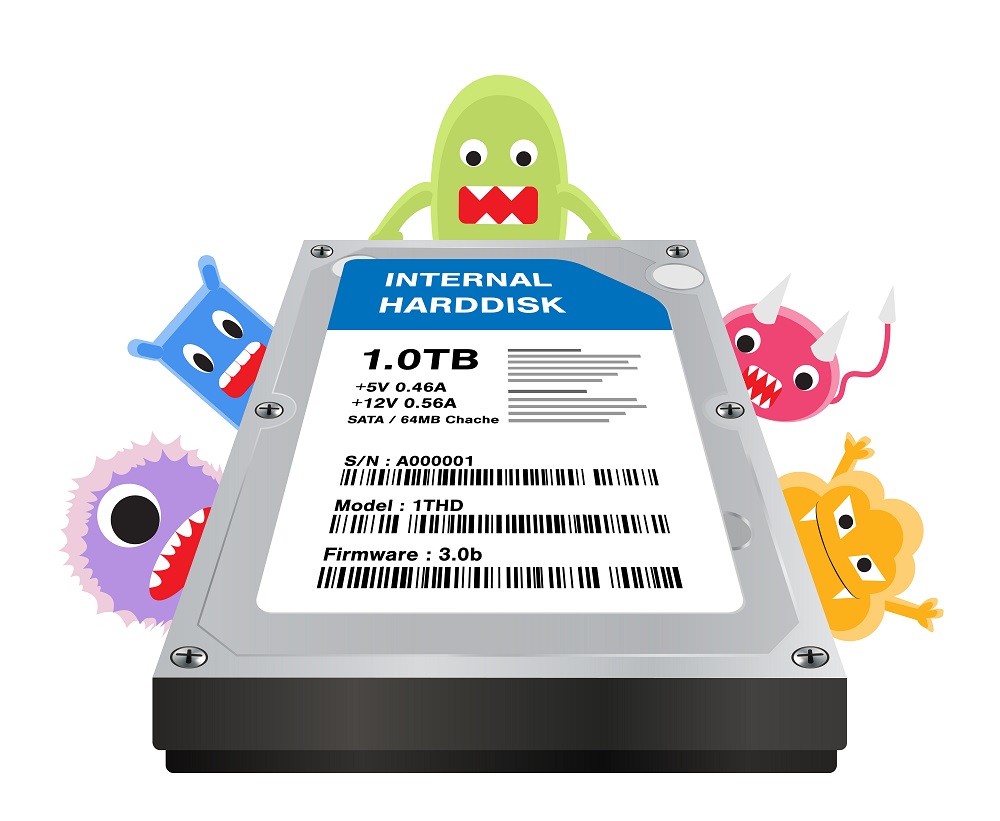A lot of people are looking for ways to keep their cryptocurrency balance safe and secure at all times. That is much easier said than done. Even hardware wallets and USB storage solutions are subject to data rot. Having a backup of any wallet is incredibly important for anyone who takes cryptocurrency seriously. Relying on one solution to keep funds safe is not the smartest idea.
Data Rot is a Real Problem for any Type of Wallet
Sadly, data rot is something that can make people lose their cryptocurrency balance(s). We have seen a massive evolution in the way people store Bitcoin and other currencies in a safe manner. Using a desktop client is still a very popular method, but paper wallets and hardware solutions are rising in popularity. One thing all of these concepts have in common is how they are subject to data rot.
Data rot occurs when users have to deal with data loss. Paper wallets, for example, can be lost, torn up, burned, or exposed to water. None of these situations are all that fun to deal with, as they will result in losing the private key associated with that paper wallet. That is, unless you have a backup of the information. A backup would make this horrible situation just a minor annoyance.
Unfortunately, paper wallets are not the only ones subject to data rot these days. No desktop client or hardware wallet is completely safe from data loss either. While hardware wallets are incredibly secure and durable, they are still made up of individual electronic parts which can suffer from failure at any given moment. Ensuring you have a backup of the hardware wallet’s private key or seed phrase is the most important thing for coin owners, just in case something would go wrong.
There are some interesting ways to make such a data backup. Having multiple backups of the wallet information is always the best course of action and keeping a paper backup will certainly pay off in the long run. It is advised to encrypt your data first before storing it as a paper backup, but that is self-evident. There is always a certain risk associated with paper wallet backups, but it is a good solution for most purposes if the data is encrypted.
A wallet backup mainly usually involves copying the private key and not the wallet address. Importing the private key will automatically restore access to the address it is associated with, which means there is no reason for keeping a copy of the address itself. One can never restore a private key based on a wallet address, but you can always recover a wallet address when you have its private key.
Data rot is an issue that can affect everyone at some point in time. Never think your favorite solution to store cryptocurrency is invulnerable. Although it would require a freak an accident, such as a solar flare to ruin most hardware wallet solutions, one should never discount the possibility. Preparing for the worst is always the best course of action, even if it turns out to be futile in the end. Plenty of people lost their cryptocurrency wealth due to a lack of a backup.

